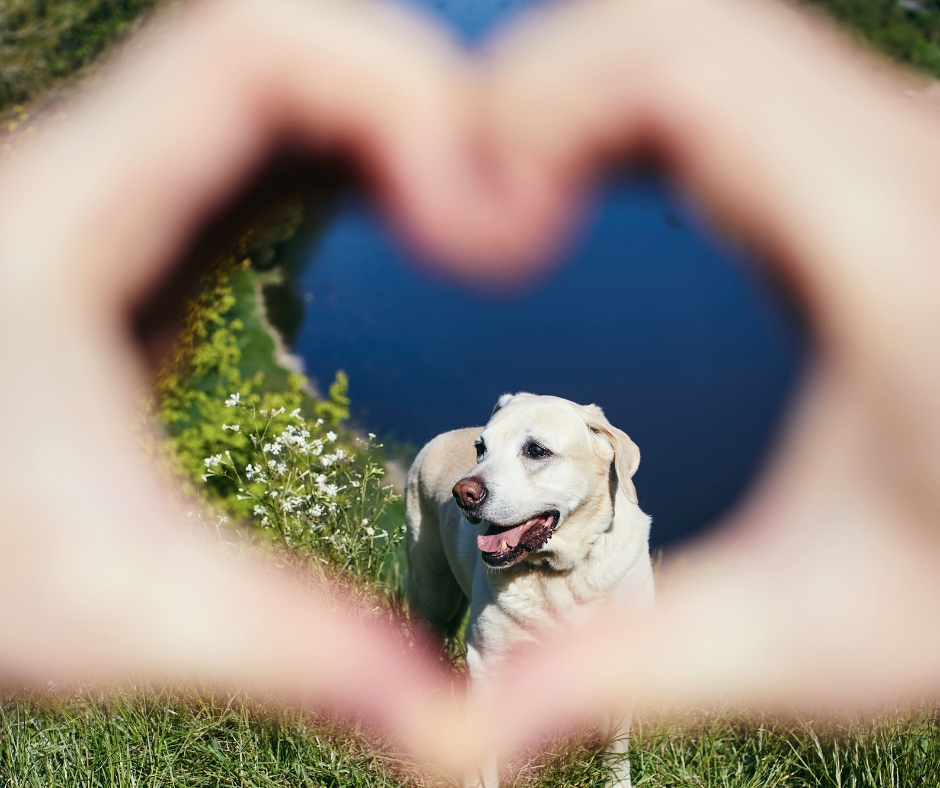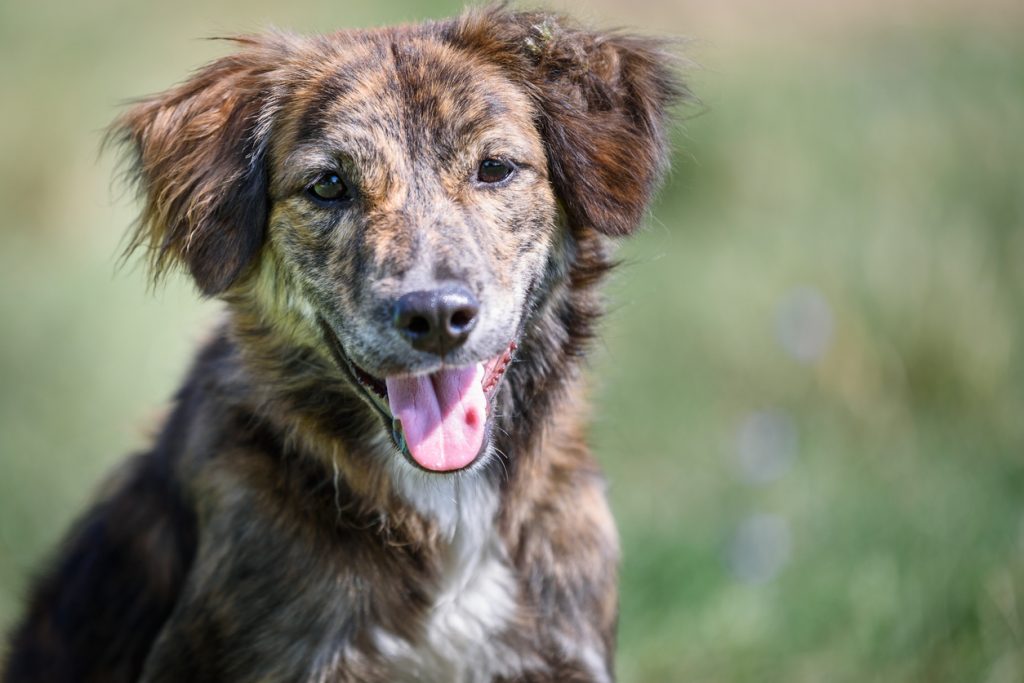How can you check if a dog is stolen?
Bringing a new canine companion into your life is a wonderful experience. But while most sales of dogs are perfectly legitimate, it’s a sad fact that some of the dogs you see advertised for sale will have been stolen from their loving owners to be sold. So, if you’re buying a new dog, how can you be sure it’s all above board? Here we’ll go through the warning signs to look out for and outline the questions to ask when rehoming a dog.

The safest way to buy a dog
We’ll talk about rehoming adult dogs in this article, but if you’re taking on a new puppy, see our guide on how to find a responsible breeder who looks after their animals well.
The safest way to take on a new adult dog is to go to a reputable rescue centre or an animal charity. There are lots of good rescue dog shelters and rehoming centres that will check out the background of any dogs they take on.
A good rehoming centre for dogs will be able to advise you on the temperament and character of their residents in order to find the best match for you, and they’ll also be able to supply you with all the relevant paperwork. For more tips on finding good rescue centres, see our guide on how to get a dog.
Buying a dog from another person
Taking on an adult dog from another person comes with a few more unknowns, and this is why it’s generally advised to go to a good rescue centre instead if possible. While most people selling dogs will be perfectly genuine and responsible, there are unfortunately some people who make money by selling stolen dogs. Dog theft has sadly risen during the pandemic, when an increase in demand for new pets drove prices up. In fact, the Blue Cross estimates that in 2020, about seven dogs a day were stolen.
To avoid inadvertently supporting dog theft, it’s important to be careful when buying a dog from another person. We’ve put together some tips for rehoming a dog to help you out – here’s what to avoid and what to look for.
What to avoid
- Classified websites and social media ads
Firstly, it’s safest to avoid adverts on classified websites and social media. Though many legitimate sellers do place adverts on these platforms, it can be difficult for you to be sure they check out, as there isn’t a lot of background information available. The relative lack of traceability means that these marketplaces suit people who are selling stolen dogs, so it’s best to avoid dogs sold through these means unless you know the seller and the background of the dog.
- Apparent ‘bargains’
Secondly, avoid a sale if the price doesn’t sound right to you. While a low price for an adorable dog of the breed you’re looking for may seem like a wonderful stroke of luck, it’s worth asking yourself why the price is so cheap. If there’s no obvious answer, there may be something fishy going on.
- Sellers who won’t let you meet the dog first
Another thing to watch out for is if the seller asks for a deposit or tries to arrange collection before you’ve met the dog. A legitimate seller should be willing for you to meet the dog and make sure you’re well-suited before making any commitment.
- Arranging to meet in a public place
If sellers suggest meeting in a public place, this is also a warning sign. People who have stolen a dog will often avoid inviting buyers to their home, and instead suggest meeting at a service station or another such car park as a ‘convenient’ location. It’s best to meet the dog in their home environment to get a better idea of their behaviour and character, and if a seller will not allow this, that’s a suspicious sign.

What to look out for
So, that’s what to avoid, but what should you be looking out for in a responsible seller?
- Proof of ownership
A legitimate seller will have paperwork that proves the dog is theirs. The first thing to check is the microchip details – all dogs over 8 weeks old are now required to be microchipped, so a seller should have paperwork to show that the microchip is registered in their name. For pedigree dogs registered with the Kennel Club, the seller should also have the relevant certification.
- Veterinary information
A seller should also have the dog’s vaccination card in their name. It’s also worth being aware of the dog’s medical history, so you’ll know if they have any ongoing conditions before making an informed decision whether to take them on. A responsible seller should be willing to provide you with medical records or put you in touch with their vet, giving you more confidence that they legitimately own the dog.
- Willing to meet several times, at home
While dog thieves are often keen to meet in public places and sell the dog in a hurry, responsible sellers should be willing for you to meet the dog in their home environment before making any commitment. They should also be able to tell you about the dog’s character, and this will help you work out if they will be a good fit for you. Responsible sellers will be keen to ask questions and make sure their pet is going to a good home where they will be happy.
Found these tips helpful? Join Vital Pet Club’s e-news to be the first to hear about exclusive pet freebies and pet care tips!


